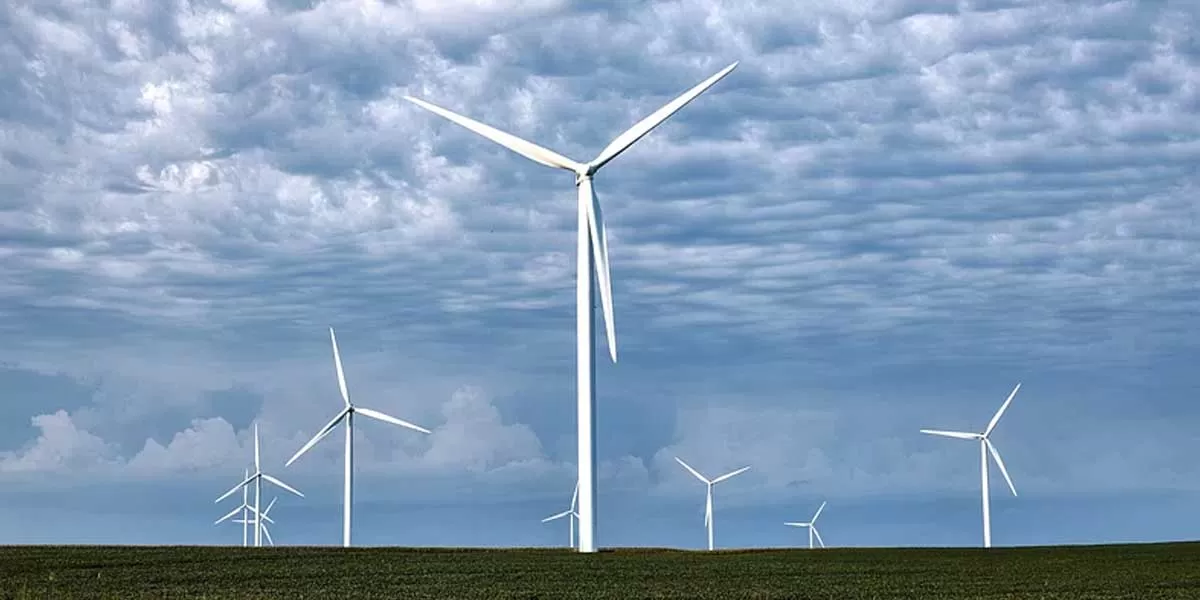India has achieved a significant milestone in its renewable energy sector, with the country's total renewable capacity reaching 195,013 megawatts (MW). This growth reflects the ongoing commitment to increasing clean energy sources and reducing reliance on fossil fuels.
The expansion of renewable capacity is complemented by a substantial increase in the transmission network. Over the past year, the transmission infrastructure has grown by 195,181 circuit kilometres (CKM), facilitating the efficient distribution of renewable energy across the country. This expansion is crucial for ensuring that the generated power can be effectively transmitted to areas where it is needed, supporting the overall stability and reliability of the power grid.
The surge in renewable capacity includes contributions from various sources such as solar, wind, and hydropower. Solar energy continues to lead in capacity additions, driven by large-scale solar parks and rooftop installations. Wind energy also remains a significant contributor, with several new projects coming online.
This progress aligns with India's ambitious targets for renewable energy deployment as part of its broader climate action strategy. The country aims to significantly enhance its renewable energy share in the overall power mix, supporting global efforts to combat climate change and promote sustainable development.
The growth in renewable energy capacity and transmission infrastructure underscores India's determination to lead in the global transition to cleaner energy sources while addressing the growing demand for electricity in a rapidly developing economy.
India is gearing up to export 15 million tons (MT) of coal to neighbouring countries, leveraging a significant boost in domestic coal production. This initiative is part of a broader strategy to enhance India's role in the global coal market and support regional energy needs.
The increase in production capacity is driven by recent investments in mining infrastructure and technology upgrades. This surge in output not only aims to meet domestic energy demands but also positions India as a key player in the regional coal trade. The targeted exports are expected to cater to neighbouring countries facing energy shortages and reliance on imported coal.
India's coal export plan includes shipping to countries with growing energy requirements, particularly in South Asia. This move is anticipated to strengthen economic ties and provide a stable energy supply to these nations, contributing to regional energy security.
The government's push for coal exports aligns with its broader objective of optimising resource utilisation and enhancing trade balances. By increasing coal production and expanding export opportunities, India aims to boost its economic growth and support its strategic interests in the region.
This strategic focus on coal exports highlights India's commitment to maximising the value of its natural resources while addressing the energy needs of its neighbours. As the country advances its energy sector capabilities, it continues to play a pivotal role in shaping regional energy dynamics.
India is set to significantly boost its coal-based power generation capacity, with plans to add 80 gigawatts (GW) by 2032. This expansion is part of the country's strategy to ensure energy security and meet growing electricity demands.
The ambitious project will require an estimated investment of ?6.67 trillion (approximately $80 billion). This substantial financial commitment reflects India's focus on strengthening its energy infrastructure to support both economic growth and industrial expansion.
The planned capacity increase will involve the development of new coal-fired power plants and the enhancement of existing facilities. This move is designed to address the anticipated rise in energy consumption driven by industrialization and urbanisation across the country.
India's coal-based capacity expansion aligns with its broader energy strategy, which includes a mix of renewable sources to ensure a balanced and reliable energy supply. While the emphasis on coal highlights the need for immediate energy solutions, the government is also investing in cleaner energy technologies to mitigate environmental impacts.
The addition of 80 GW of coal capacity will help stabilise the national grid and provide a reliable power supply during peak demand periods. This initiative underscores India's commitment to maintaining energy security while navigating the transition towards a more sustainable energy future.




















